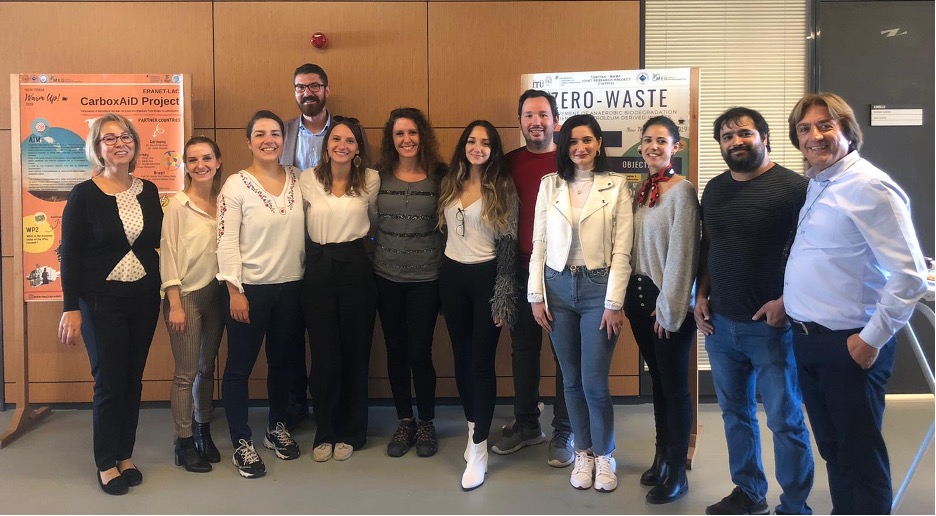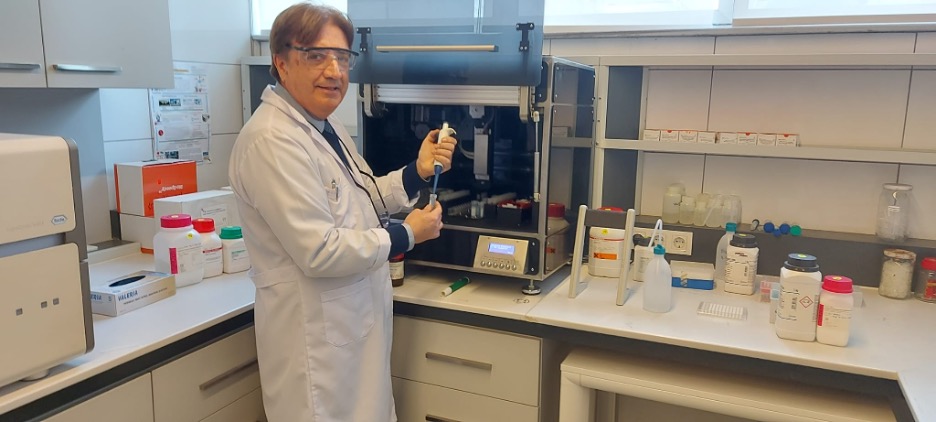by
Ali İzzet Cengiz | Dec 14, 2023
ITU Environmental Engineering Department faculty member Prof. Dr. Orhan İnce, together with the members of the Microbial Ecology Group (www.meg.boun.edu.tr), which he chairs, made an important discovery against oil pollution.

ITU continues to undertake important work to produce permanent solutions to global problems in 2023, which it declared as the year of sustainability. Prof. Dr. Orhan İnce, Faculty Member of ITU Environmental Engineering Department and Head of Microbial Ecology Group (MEG); MEG member Prof. Dr. Bahar İnce, Prof. Dr. Sevcan Aydin and Dr. Together with Aiyoub Shahi, they achieved great success by patenting the invention titled "An Economical Method for Biological Remediation of Oil-Contaminated Soils".
Invention That Enables the Remediation of Oil-Contaminated Lands
Due to their structure, petroleum residues cannot be degraded in nature. Their molecular weights, structural configurations, solubility, aromatic chain numbers, volatility, retention coefficients, etc. Various organic compounds that differ in terms of properties are called petroleum wastes.
The invention, which enables the biological recovery (bioremediation) of oil-polluted soils, is important in the effective fight against environmental pollution. The invention also provides the opportunity for rapid determination for biobreeding control with an effective genetic method developed through biomarkers.
The invention provides a solution to soil pollution caused by oil and oil-derived waste by using two different fungus species, Bjerkandera adusta and Trametes versicolor. Bioaugmentation method is used to improve the soil.
The effect of the fungal species used within the scope of the invention on the functional genes (biomarkers) alkB, phnAc and nah found in the native microbial community in the soil was determined. An effective genetic method has been developed that allows rapid determination of biomarkers for bioremediation control of soils.

A Sustainable and Clean Environment
Pollution of soil with oil waste is one of the persistent problems that have an important place worldwide. Environmental disasters due to oil spills in pipelines, tankers and drilling platforms remain fresh in the worn memories of the past. Controlling oil-contaminated lands through economic reclamation is important for a sustainable civilization.